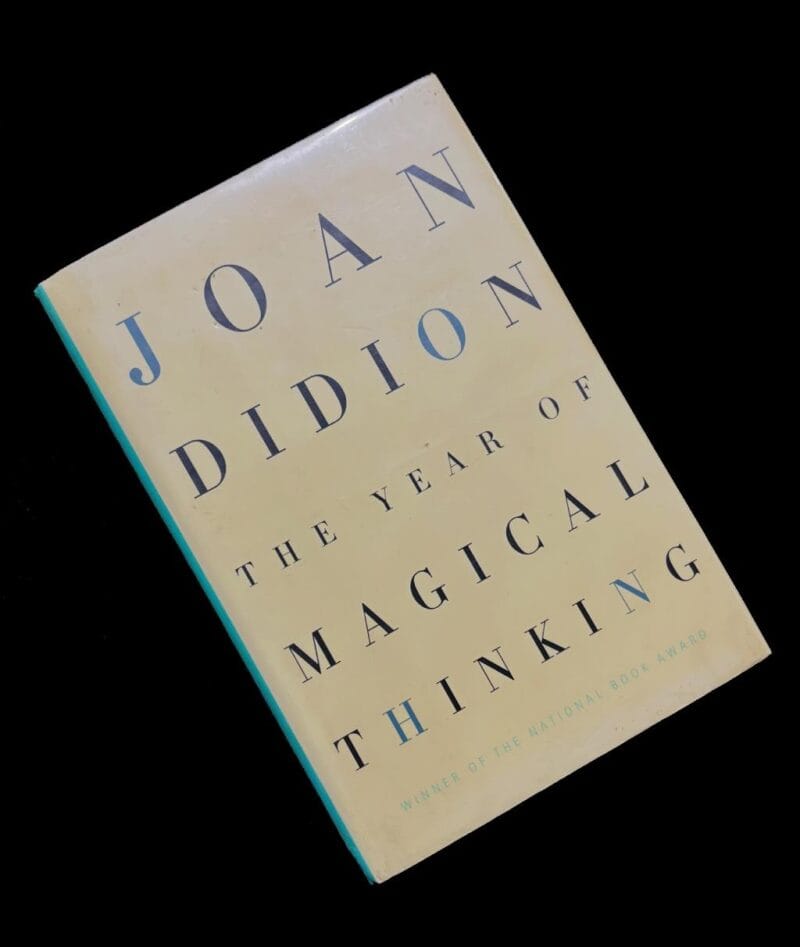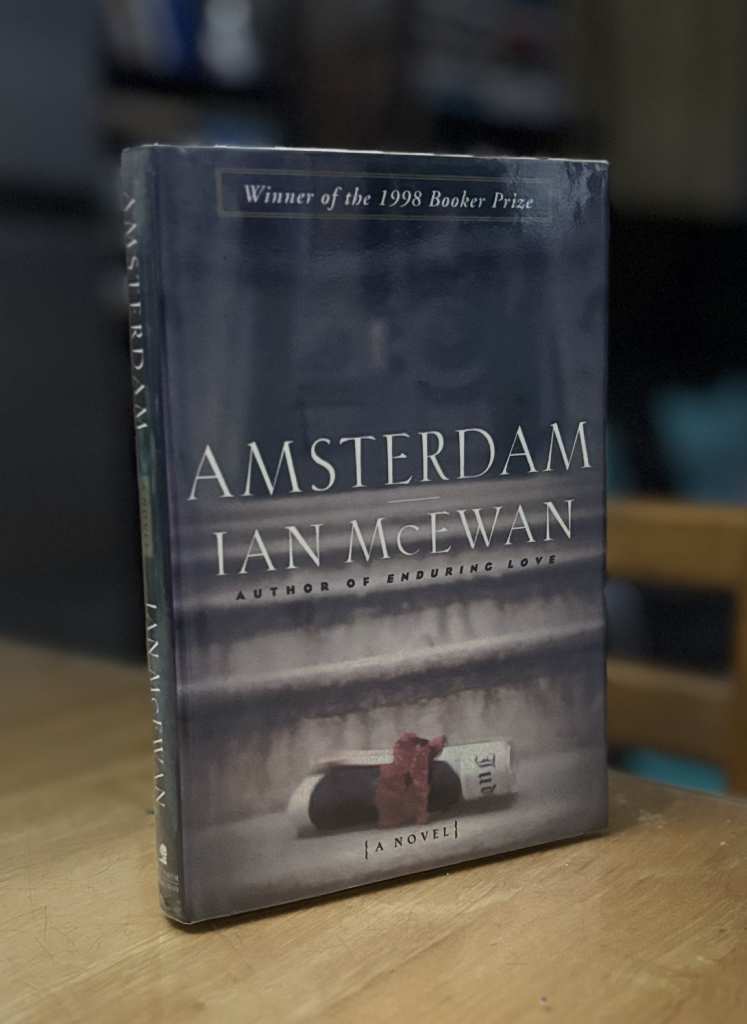In Neal Stephenson‘s novel Fall, or Dodge in Hell (2019), readers are challenged to explore a future that blurs the line between life, death, and digital existence. The novel delves into profound themes such as the afterlife, digital immortality, the nature of reality, consciousness, and the soul. Stephenson’s work is a thought-provoking examination of how technology might redefine the human experience and the very essence of what it means to be alive.
The Digital Afterlife: Bitworld
At the heart of the novel lies the concept of Bitworld, a digital afterlife where human consciousness can be uploaded and preserved indefinitely. This virtual realm is born from the technological advancements of Richard “Dodge” Forthrast, a tech mogul who, after an unexpected death, has his brain scanned and uploaded into a digital environment. Bitworld becomes a vast, evolving landscape where the uploaded minds of the deceased continue to exist, interact, and even create new realities.
Stephenson’s depiction of Bitworld raises fascinating questions about the nature of existence. Is a digital afterlife a continuation of life, or is it an entirely new form of being? Bitworld redefines time and space boundaries, enabling experiences and interactions not possible in the physical world. This digital afterlife challenges traditional notions of heaven, hell, and the soul’s journey after death.
Digital Immortality: The Quest for Eternal Life
Digital immortality, the preservation of consciousness beyond the biological lifespan, is a central theme in the novel. It explores the ethical, philosophical, and technical implications of achieving eternal life through digital means. As more individuals choose to upload their minds to Bitworld, society grapples with the consequences of this new form of immortality.

Stephenson’s narrative dives deep into the motivations behind the pursuit of digital immortality. For some, it is a means of avoiding death and prolonging their life indefinitely. Others see it as a chance to experiment and discover new creative and experiential horizons. The book also examines the negative aspects of digital immortality, such as the potential detachment of digital entities from human experience and the loss of bodily sensations.
The Nature of Reality: Physical vs. Digital
Anyone reading this book should expect to have their fundamental assumptions about reality challenged. In Bitworld, the virtual world is just as tangible as the physical world. This begs the fundamental question of what constitutes reality and the validity of a digital life compared to a physical one.
Stephenson’s investigations into reality extend beyond the digital afterlife. The book also explores other real-world effects of digital technology, including the dissemination of false information and the manipulation of people’s perceptions. In the physical world, characters grapple with the consequences of a society where digital media can manipulate reality. The novel portrays a future where deepfakes, viral misinformation, and digital echo chambers distort public perception.
With the boundaries between the actual and virtual worlds collapsing, the novel prompts readers to question the ways technology alters their view of the world. It challenges the notion of reality as a fixed concept, suggesting instead that reality is a spectrum that encompasses both the physical and the digital.
Consciousness and the Digital Soul
At its core, Fall; or, Dodge in Hell is a meditation on consciousness and the soul. The novel explores the idea that consciousness can be digitized and preserved, raising questions about the essence of the soul and whether it can exist independently of the body. Stephenson’s portrayal of digital consciousness is both awe-inspiring and unsettling, as it forces readers to confront the possibility that their essence could be reduced to a series of ones and zeros.
The novel also delves into the philosophical implications of digital consciousness. If consciousness can be uploaded and preserved, what does it mean to be human? Is it purely a physical phenomenon, or does it transcend the boundaries of the biological body? Stephenson’s exploration of these questions is deeply thought-provoking, inviting readers to reconsider their own beliefs on the concepts of consciousness and immortality.
Stephenson’s vision of Bitworld challenges readers to rethink their understanding of existence and the potential impact of technology on the human experience. As society continues to grapple with the implications of digital advancements, Stephenson’s novel serves as a timely and thought-provoking meditation on the future of humanity and the essence of being.
Selected Passage with Analysis
We’d have a hell of a lot of data. But would we really know what the brain was thinking? Would we know that it was seeing red, or doing arithmetic, or feeling sad? Despite some recent advances in pattern recognition or neural networks, the answer is basically no.
Page 366-367, Fall; or, Dodge in Hell by Neal Stephenson
This passage explores the limits of technology in deciphering the complexities of human consciousness. While modern tools allow for immense data collection about neural activity, the ability to translate this information into an understanding of subjective experiences, such as seeing a color or feeling an emotion, remains elusive. The distinction between gathering data and interpreting consciousness highlights a fundamental challenge in neuroscience and artificial intelligence.
Stephenson’s questions emphasize the gap between observable phenomena and the lived realities of thought and feeling. Advances in neural networks and pattern recognition have enhanced our capacity to detect patterns in brain activity, but they fall short of explaining the essence of consciousness. This limitation raises deeper concerns about whether the subjective nature of experiences can ever be mapped or decoded by empirical methods, pointing to a boundary where scientific understanding meets philosophical inquiry.
The passage carries profound implications for the development of artificial intelligence and our broader attempts to understand the human mind. It challenges assumptions about the power of technology to replicate or explain human thought, urging reflection on the nature of subjective reality. In doing so, it confronts the enduring question of whether consciousness can ever be fully understood or if its essence transcends quantifiable knowledge.
Further Reading
In Fall, Neal Stephenson does Paradise Lost with computers by Constance Grady, Vox
Dead, resurrection and digital immortality in an AI world by Gary Grossman, VentureBeat
Fall: Is Bitworld a dystopia? on Reddit




